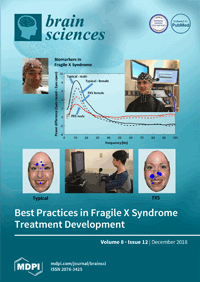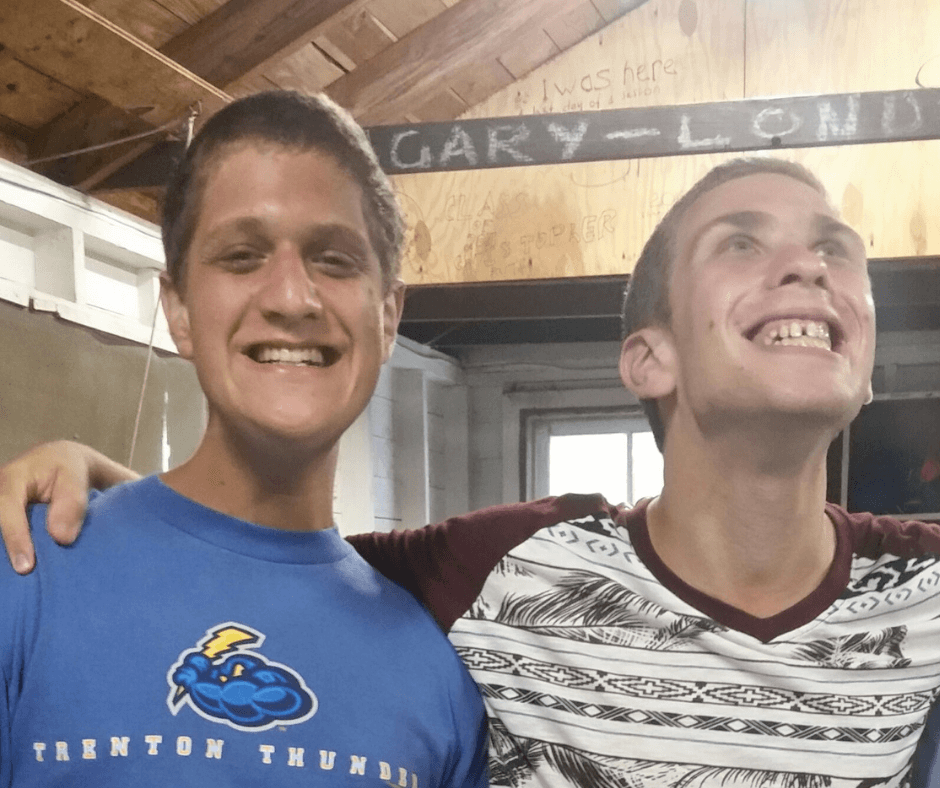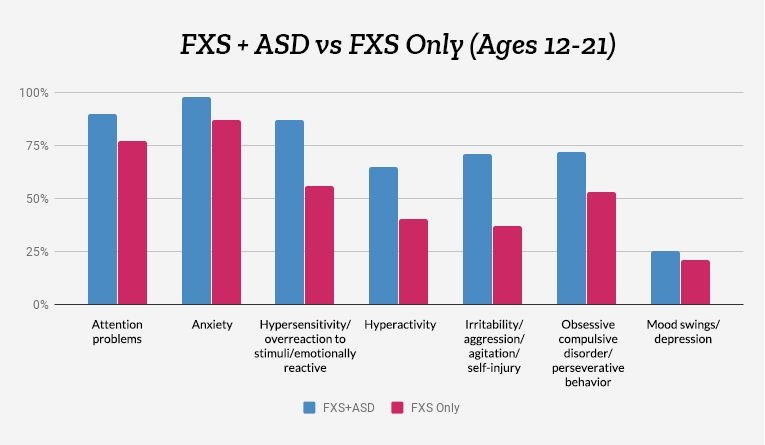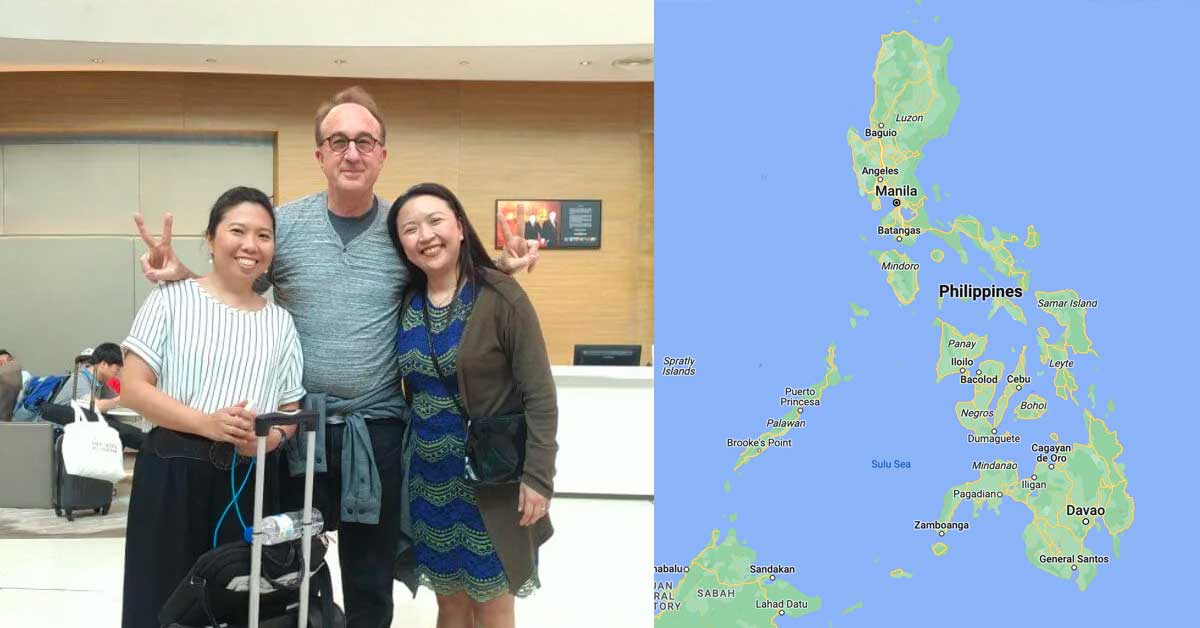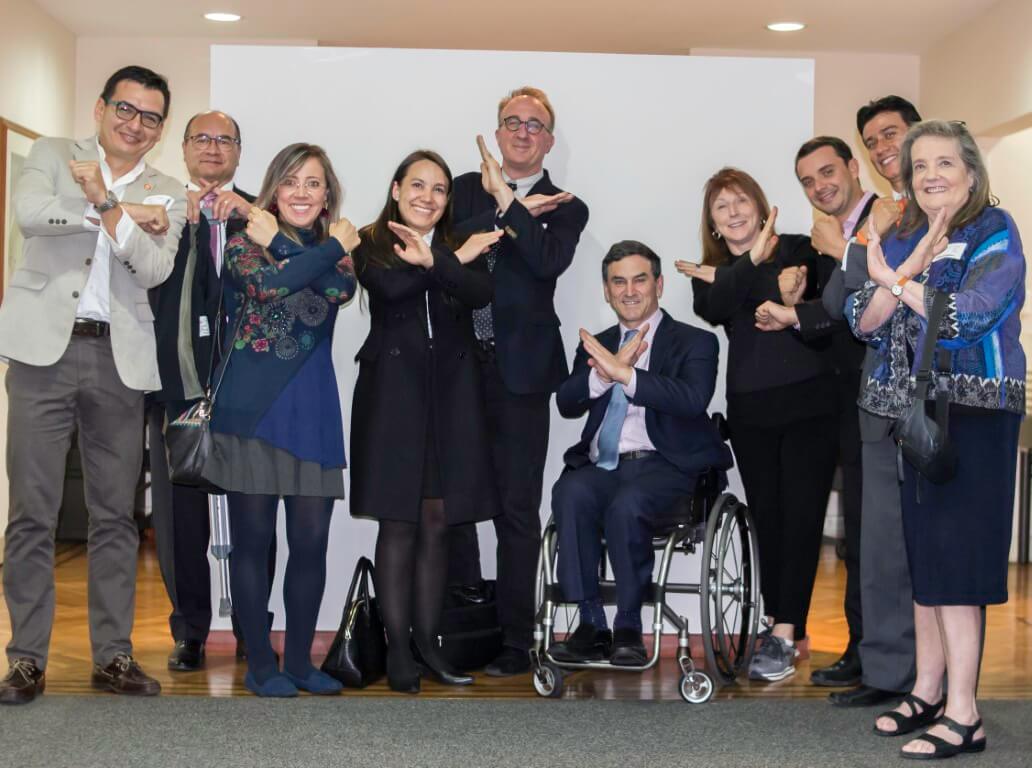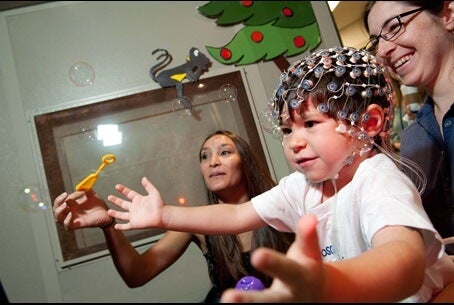A Computer-based Intervention for Memory and Attention in Fragile X Syndrome
A research team from the UC Davis MIND Institute recently published findings from a study using a computer program called Cogmed to train memory, flexible thinking, and attention in children and adolescents with Fragile X Syndrome. Referred to as ‘executive function’ - memory, flexible thinking, controlling impulses, and attention are problems characteristic of individuals with Fragile X Syndrome. The computer program was employed with 100 children and adolescents with Fragile X Syndrome – presenting them with challenging visual and auditory tasks involving memory and attention and challenging them to think flexibly in order to complete those tasks.





